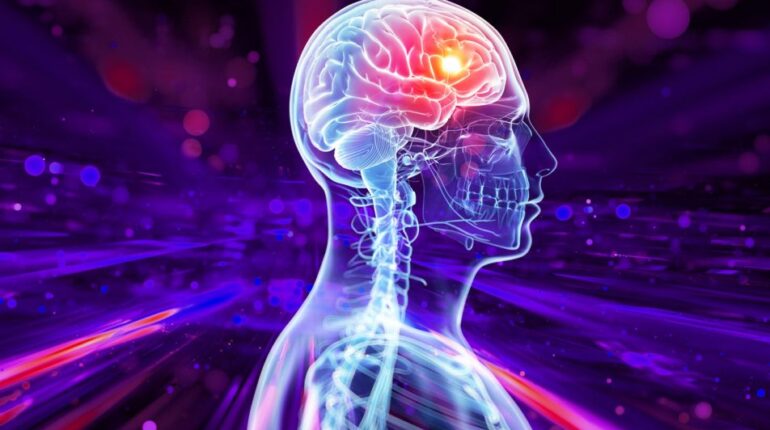Epilepsy
What is epilepsy?
Epilepsy is a central nervous system disorder or also known as a neurological disorder. Essentially, it is a seizure disorder that can affect anyone at any age. It is characterized by abnormal activity in the brain, and as a result of this, affects any process that your brain coordinates. This causes seizures and periods of unusual behavior. It is a common condition in Singapore with about 150 new cases each year. Epilepsy can look different for everybody because it varies from person-to-person.
There are a few different types of seizures that people with epilepsy experience. The several types of seizures can generally be put into two main categories:
Focal Seizures. Focal seizures are seizures which have a specific focus or area where the seizure begins. In these types of seizures, seizure activity is limited to one part of the brain. When the seizure begins, seizure activity may stay localised in that one area or may spread to other areas and hemispheres of the brain.
The most common forms of focal seizures are:
Focal seizures with retained awareness
- It does not impair awareness or consciousness
- Person experiencing the seizure will be able to remember it after
Focal seizure with loss of awareness
- Awareness and consciousness is impaired
- Person may be unable to respond
Generalized Seizures. Generalised seizures take place when abnormal activity (seizure activity) takes place in both hemispheres of the brain simultaneously. Generalized seizures may result in a loss of consciousness, muscle spasms, and body convulsions.
How does having epilepsy affect me?
Those with epilepsy will experience changes to their quality of life. Epilepsy affects all areas including employment, education, relationships, and mobility. Those with uncontrolled seizures may no longer be able to drive a car or may not be able to obtain a driver’s license. Some countries require you to be seizure-free anywhere from a few months to years before you can drive again. While some people will have little lifestyle change, others will have to make significant adjustments and might even need to live with assistance.
What does having a seizure feel like?
During a seizure, someone with epilepsy might experience some symptoms like:
Staring spells or staring blankly at one spot for a few seconds
Loss of sensations and awareness
Feelings of confusion
Psychic symptoms like anxiety, fear, and deja vu
Twitching in limbs
Jerking of limbs
Twitching of face
How is epilepsy diagnosed?
Most times, the causes of epilepsy are unknown. Sometimes cases of epilepsy can be linked to certain factors such as infectious diseases, head trauma, genetics, and more. At least two unprovoked seizures are required for an epilepsy diagnosis. Your doctor may carry out a neurological examination as well as blood tests to either determine the type of seizure that you have and any possible infections or other causes for seizures. They may also carry out a series of tests including but not limited to CT (computerized tomography) scans, MRI scans (magnetic resonance imaging, and electroencephalograms (EEG). These tests all help your doctors to obtain images of your brain and analyse them as well analyse your brain activity.
What are the conditions related to epilepsy?
Not everyone who has seizures has epilepsy — there can be other reasons for seizures too. A person experiencing a single seizure with no recurrence might be suffering from First seizure, a seizure that one occurs once and can be brought on by a drug or by anaesthesia. There are also some symptoms of conditions that appear to look like seizures but in actual fact are not. These nonepileptic events are due to other conditions such as arrhythmia and tourette’s syndrome. Other reasons for seizures also include eclampsia (high blood pressure results in seizures during pregnancy), migraines, and meningitis.
How is epilepsy treated?
Epilepsy treatments may be able to reduce the amount of seizures you have and may even completely stop seizures. These include anti-epileptic drugs (AEDs), special diets, surgical removal of part of the brain, and an electrical implant to help control seizures.


